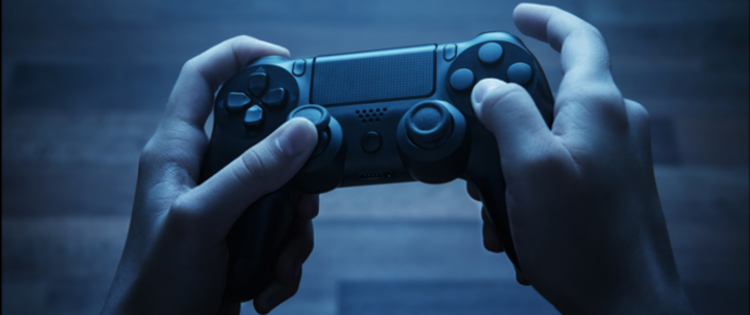My 16-year-old son is addicted to Internet role-playing games–how can I help him?
My 16-year-old son is addicted to Internet role-playing games–how can I help him? https://mediatrics.com/wp-content/themes/corpus/images/empty/thumbnail.jpg 150 150 Mediatrics Mediatrics https://mediatrics.com/wp-content/themes/corpus/images/empty/thumbnail.jpg
Q: Over the past year, my 16-year-old son has become more and more addicted to Internet role playing sites. My son has ADHD and has always had a hyper focusing problem, but not on anything that would prevent him from his school work. He started out playing the games casually, but over time they have become the center of his life.
We had to take away his cell phone, because he was using it in school. When we checked it, he was going to these RP sites hundreds of times. We downloaded a "self-control" app on the computer to help him resist going on to the sites while doing homework, but he found a work-around. When asked, he constantly lies about what he has been doing, and when he is found out and confronted with the problem, he goes into further lies to cover up, or gets enraged if we tell him he can not get back on the computer. He will not admit that he has a problem, and it is really hurting our entire family.
I don't know what else to do, or where to turn. When he is not wrapped up with one of the RP sites, he is such a nice, engaging young man. Do you have any suggestions how we can help him?
–Consumed by computers, in Pittsburgh, PA
A: Dear Consumed,
Your son’s trouble with limiting himself online is rarely talked about, but, in greater or lesser ways, relatively common—he has difficulty self-regulating his media use, and it is hurting his mental and social health and disrupting his relationships.
Though some people are very highy engaged in (and not addicted to) these games, clinicians diagnose ‘addiction’ based on the following broad criteria:
- Excessive use
- Increasing tolerance and use
- Withdrawal symptoms (such as feeling anxious or ill) when the substance or activity is removed and which resolve when the substance or activity is resumed
- Willingness to take on negative psychosocial consequences (for instance, becoming isolated from peers, getting poor grades, or losing a job) in order to maintain the habit
From what you have described, it sounds like your son is addicted to internet role playing games. There are treatment options available, but because internet and video game addictions are not yet recognized as clinical diagnoses in the United States (as they are in Korea, Taiwan and other Asian countries), treatment options can be difficult to obtain and are usually not covered by medical insurance. As a result, clinicians who have expertise and confidence treating these problems are still fairly rare.
When seeking out treatment, it is important for your son and your family to address the major behavioral issues and relationship rifts that have occurred because of his gaming. Remember that because of the addictive nature of what you son is going through, outright withdrawal from gaming is likely to be ineffective, as he will devise ways to continue playing even when restrictions are put in place.
Instead, treat your son’s gaming habits both delicately and diligently:
- Find a professional therapist, psychologist, or social worker whom you trust and who can talk to about the issues in your family and with your son, in particular. Ask for her advice and support with staging an intervention.
- Have a family intervention. Use this as an opportunity for your family to honestly express to your son how much you love him and how his gaming has negatively affected your relationships. Make sure that the intervention is not about blaming and shaming him, but about how you can all consciously work together to help and support him in ending his gaming addiction.
- Generate a plan of action. Come up with
a plan with your therapist to help your son, whether it is weekly therapy sessions as a family and/or on his own or sending him to a specialized rehabilitation center. Make sure that you as a family also have a plan to support your son and not enable his gaming tendencies.
Finally, you may also want to take this time as a family to observe a ‘Digital Sabbath’, one day a week where everyone turns off their electronics for 24 hours. This will help support your son and also help mend and strengthen your relationships as a family. If the experiences of other families are any indication, you will discover a lot more free time, activities that you enjoy together, creativity that has been suppressed by the constant stimulation—and each other.
Enjoy your media and use them wisely,
The Mediatrician®




